Different people have different priorities.
Your phone can say a lot about you and your personality. The features that matter the most to you largely determine what phones you should consider when looking to upgrade; the Pixel 4 takes amazing photos, for example, but it's off the table if you need all-day battery life.
We asked around the Android Central staff to see what each of our writers look for in a phone, and what phones should be on your radar based on your needs.
Alex Dobie Camera
Lousy battery life? Pick up a power bank. Slow connection? It's not hard to wait a couple of extra seconds for your stuff to load. Bad camera? Well, you're SOL.
There's no substitute for a capable, high-quality camera array in your smartphone. A bad photo is bad forever, after all. A modern flagship phone should offer at least three options — covering wide, ultrawide, and telephoto photography — along with a dedicated computational night mode for lower-light snaps. For me, having all these options available (whether in last year's Huawei P30 Pro or in this year's Galaxy S20 Ultra) has been a revelation for how I use my smartphone to take photos.
Whereas other shortcomings in smartphone hardware or software can be overcome with accessories or changes to the way you use your device, there's just no way to replace a high-quality camera that's with you almost every hour of every day. That's why, to my detriment, I've often found myself compromising in areas like software quality or battery life to be able to use the best smartphone cameras out there.
Go ahead. Buy a phone with the best camera you can. You'll thank me when we can go outside again.
Camera King
Samsung Galaxy S20 Ultra
$900 at Samsung $1200 at Best Buy
A monstrous phone with a fierce camera
The "money no object" Android flagship ... provided you can deal with the size and weight. An impressive camera array and a massive battery sit underneath Samsung's biggest screen. Plus, an option for 512GB storage and 16GB RAM.
Andrew Martonik Software
Normally I would hold camera quality in the highest regard, but in the last couple of generations, most high-end phones have really good cameras, closing the gap from phone to phone. That means I'm focused on software, which can still vary widely. And that encompasses many aspects: design, features, performance, and stability. You can usually get two or three in most phones, but not all four — for me, Google and OnePlus check all of the boxes.
Having software that's easy on the eyes, but also smooth and well-performing every single time you unlock the phone, is incredibly important. No matter what hardware features or specs you have, if your software doesn't take advantage of it, it's pointless. There's nothing you do with your phone that doesn't involve the software — it's the glue that holds together the whole experience. It's also something that's tough to advertise and sell a phone against, but it's something that will turn first-time customers into repeat customers.
Just how important is the software experience to me? Important enough that I'm giving up other features to use the Pixel 4 XL. I don't have an ultra-wide camera (which I love to use), and I deal with weak battery life, so I can experience Google's software every day. The fluidity, simplicity, and feature set Google offers in its flavor of Android is top-notch, and is good enough to overcome shortcomings elsewhere in its phones.
Android at its best
Google Pixel 4 XL
Google knows how to make wonderful software
Yes, the battery life isn't good. But the software performance and experience is fantastic, and that matters every time you pick up the phone. And it still has the best camera in the business.
Ara Wagoner Stability
Not everyone needs (or gets) a flagship device that feels like it runs on lightning and moonshine, but no matter the phone and no matter the user, what I need is for things to work the way they're intended to. Am I getting sudden freezes or semi-regular app crashes? Am I getting six hours of screen time on one day and three hours the next before the phone dies mid-afternoon? I don't mind if it consistently takes five seconds to open and load Reddit or Twitter, but the camera randomly not saving pictures or the Bluetooth randomly turning itself off is not okay.
Performance inevitably degrades over time, software is either updated and deals with occasional bugs or isn't updated and just gets stale, but no matter what, I need to be able to depend on my phone doing what it's supposed to do when it's supposed to do it. And yes, I know some people will flash their phone to the latest Android 11 beta or go out and flash a custom ROM, but for me and the vast majority of Android users, I just want a phone that works and works consistently.
Pixel for everyone
Google Pixel 3a
Google gets it (mostly) right
The Pixel 3a isn't the newest or flashiest phone on the block by any means, but it's got Google's software prowess and a consistent update schedule that helps ensure that when bugs arise, they are stomped out quickly.
Chris Wedel Camera
While this decision began with an internal struggle as to whether I most valued the software or camera in a phone, an external event provided the ah-ha moment that tipped the scale for me. I was outside enjoying a beautiful spring day, and I saw a rare moment of my two young boys playing a game they made up together, without arguing, spurred me to reach for my phone to capture the scene.
As with most people, my phone is always with me, and that means I am always ready to take a photo should inspiration strike. I'm by no means a true photographer, which is all the more reason I need a camera that is essentially "dummy-proof." I have had the pleasure of using a variety of phones these past few years, from Samsung to Motorola and Pixel to OnePlus. Though all of those phones are capable of taking a great photo, I always floated back to the Pixel lineup.
Pixel phones have always produced beautiful photos with little fussing required. The photos, more often than not, are ready to post to social media or share with a family member right out of the phone with no editing necessary. So while the software is important to me, the next time my children are in the midst of an adorable moment — a camera is what will be the most important thing I need, and it's in my pocket.
Camera king
Pixel 4 XL
Simply beautiful photos
The Android phone straight from Google offers the tight software integration you'd expect with an amazing camera experience we've come to expect. The dual-camera system produces stunning shots in both day and night so that you can capture that special moment whenever it happens.
Daniel Bader Camera
I always valued a phone's camera over practically every other feature because, even though I'm not a great photographer, I love the medium. Now that I'm a father, it feels like taking photos is a full-time job, so whatever phone I'm using has to match my intent.
My needs from a camera have evolved over time, too; when I was younger and an avid traveler, it was the versatility of being able to capture a particular vista in any lighting condition. Now, my main priority is being able to trust a phone to capture faces with enough detail, and without becoming a blurry mess, so that I can share them with family and friends. Easy enough, right? Not exactly.
While the Pixel 4 is still my favorite way to take portraits, the OnePlus 8 Pro has proven itself as being a versatile and reliable camera in every situation, and that's why it's my recommendation right now.
No strings attached
OnePlus 8 Pro
More expensive, more capable.
The OnePlus 8 Pro is an impressive and well-designed Android smartphone that doesn't upend the traditional OnePlus formula so much as extend it to its logical place in the 2020 canon — more features, higher price. With the addition of an impressive primary camera, waterproofing, and wireless charging, though, OnePlus has finally checked all of the boxes on its spec sheet.
Hayato Huseman Camera
I nearly chose battery life over cameras, since the Pixel 4's miserable endurance is what drove me away from its incredible cameras. But the fact is that I spend far too much time taking photos. I love travel and street photography, I'm engaged to a photographer, and my job has me constantly taking photos of phones and press events. Dealing with lesser cameras affects my personal and professional life.
I love going out with friends or walking around late at night — or at least, I did back when it was safe to — so low light photography is especially important to me. The Pixel used to be the only logical choice for shooting in the dark (and for what it's worth, I still think Night Sight is the best in its class), but plenty of other manufacturers are starting to catch up.
Even Samsung, whose low light performance I found amongst the weakest just last year with the S10, takes great night shots with the S20 these days, and nets you the added versatility of ultra-wide and telephoto cameras as a bonus.
Cameras for any situation
Samsung Galaxy S20+
$1000 at Samsung $1000 at Best Buy
Cameras I can trust to capture nearly any photo
The Galaxy S20+ really surprised me this year with significantly better low light performance than years past. Its photos still have Samsung's typical over-processed look, but it's hard to complain when I get three different perspectives to shoot from and much better battery life than the Pixel 4 I carried before it.
Jeramy Johnson Battery life
While I too ooh and ahh over fancy flagship features like 120Hz refresh rates, Quad HD AMOLED displays, in-display fingerprint readers, and crazy night modes on cameras, I'm a simple man at heart. If I'm honest, my eyesight isn't all that great, so advanced screen technology is largely lost on me, and I almost never pixel peep at photos I take on anything larger than my smartphone, so most of the mid-range and premium cameras are A-OK in my book.
Even though I work from home (don't we all now?), I do like to get out into nature for hours at a time and travel more extensively when I can. For those times, it's so nice to have a phone with good battery/resource management, or a large cell, or both. The anxiety of running low on juice has much more of a pull on me in day-to-day life than any other feature. I've had a pretty great experience with the battery life on my OnePlus 7 Pro, and I can't wait to see how the OnePlus 8 Pro with its 4,510 mAh battery performs once I get one in my own hands!
Battery buddy
OnePlus 8 Pro
Keeps going and going
The OnePlus 8 Pro gets a lot right — whether it be its 120Hz AMOLED display, excellent performance, or near-perfect software. One feature you might overlook is its battery life, which is excellent thanks to a massive 4,510 mAh unit and good optimization. If you're often away from wall outlets and/or spend a lot of time outdoors, it's a great pickup.
Jerry Hildenbrand Security
Your phone is a snitch. It knows everything about your life, your finances, and even what brand of underwear you buy, and is itching to tell someone all these secrets. And if a way to keep this from happening isn't built into it, well, someone out there will be giggling while digging through your digital stuff.
The company that makes your phone knows this, and it will do everything it can (mostly) to stop it from happening. Android presents a special challenge, though, because unless you have a Pixel phone, the company that built it doesn't create the software that's running on it.
Google works with Samsung, LG, OnePlus, and every other company that makes Android phones to fight against the ways that your phone's security can be bypassed. Every month, Google publishes a software update that patches as many of them as possible. It's important that your phone gets these patches. And if you're like me, it's so important that you don't want a phone that doesn't get them in a timely manner.
I don't care if you know I buy Jockey brand boxer briefs. I just don't want you to be able to find that out by yourself.
Timely patches
Google Pixel 4
All about the updates
Don't buy a Pixel 4 for great battery life or a laundry list of extra features. Buy it for the great 90Hz display, incredible camera, and a guaranteed security patch posted the 5th of every month.
Joe Maring Software
There are a lot of hardware traits that go into making a top-notch smartphone, but for me, it all boils down to the software that powers a device. You could easily argue that Samsung's Galaxy S and Note phones regularly have some of the best hardware on the market, but since I'm not a fan of One UI, I tend to stay away from them.
My Android phone of choice is the Pixel 4 XL, largely because of how much I adore Google's take on Android 10. It's clean, buttery smooth, and isn't bogged down with unnecessary features or duplicate apps. I can also rest assured that it's first-in-line for new versions of Android as they're released, which is something you can't say about most other phones.
There are plenty of handsets out there with a better display, battery life, and more rear cameras, but the software on the Pixel 4 is what keeps me coming back for more.
Android at its best
Google Pixel 4 XL
Good software is a big deal
The Pixel 4 XL may not be a perfect phone, but Google's clean and smooth Android 10 software is so good that I continue to use it day after day. Google's software is easy to navigate, not cluttered up with duplicate apps, and gets Android updates faster than any of the competition.
Michael Allison Battery Life
A good display and a good camera go without saying. Clean software? That's also up there for me. However, the part of a smartphone — or any portable device — that I consider most strongly before pulling out my card is the battery life. The fanciest of displays and the best of cameras don't mean anything if I'm running for a charger after half an hour of outdoor photos (looking at you, iPhone SE).
In general, I'm a fairly active and social person, and my weekends and evenings can (ordinarily) see me spend extended hours away from home. This means that a mobile phone that can keep up with me is an important accessory.
My Android phone of choice is a Pixel 3a XL, the decision coming after extended time spent with a Huawei P20, Honor View 30, and the smaller Pixel 3a. The camera and software are great on that, the screen is big and bright enough, and the battery life doesn't disappoint. My initial thought was that I'd pick the 4 XL months later, but with the battery situation being what it is on that, I'm looking forward to seeing what Google's next phones will have to show in that department.
Stamina champ
Pixel 3a XL
Battery life that can keep up
The Pixel 3a XL may not boast the best of anything, but it has a good balance of everything I consider important in a phone. The combination of a good camera, frequently updated software, and a battery that lasts makes this a satisfying purchase to someone who used to phone hop. I'll be keeping an eye out for the 4a's performance when it ships, but this remains my phone of choice in the meantime.
What are your priorities?
Are you a photographer who needs the best cameras a company can possibly cram into its phones, or is long-lasting battery life all that really matters to you? Maybe you're more security-focused, or software and stability reign supreme. Whatever matters most to you, let us know in the comments down below!
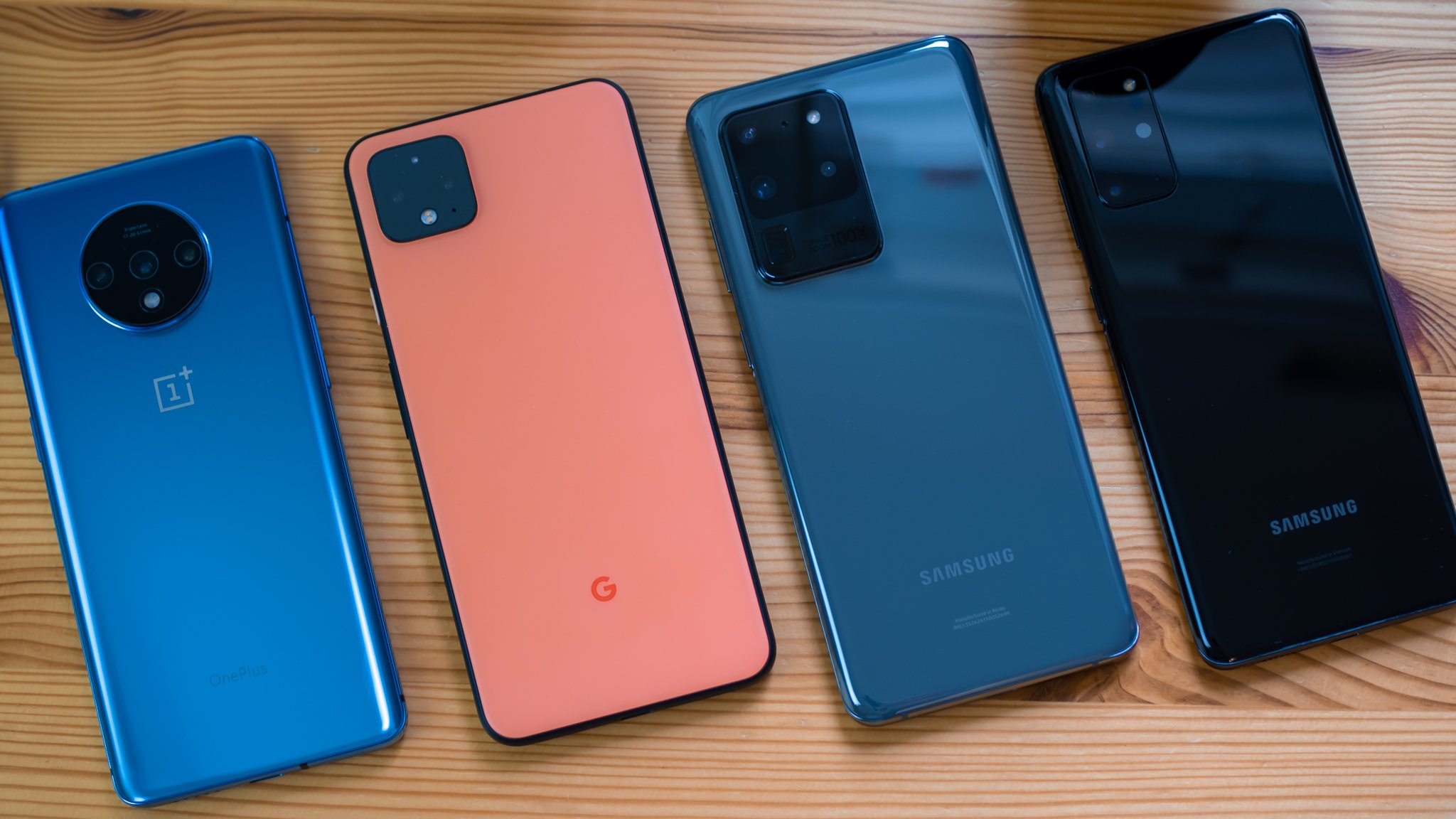
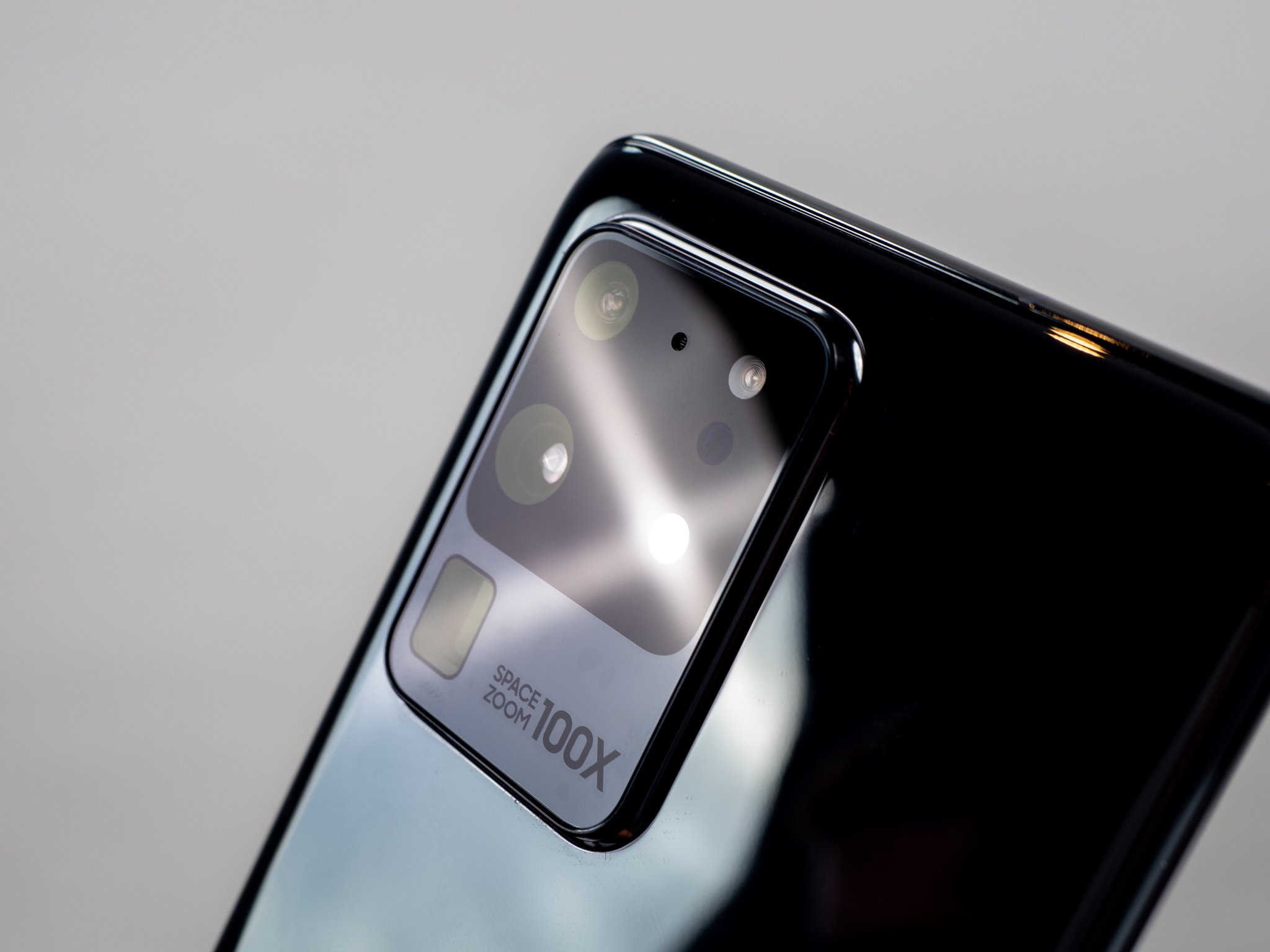
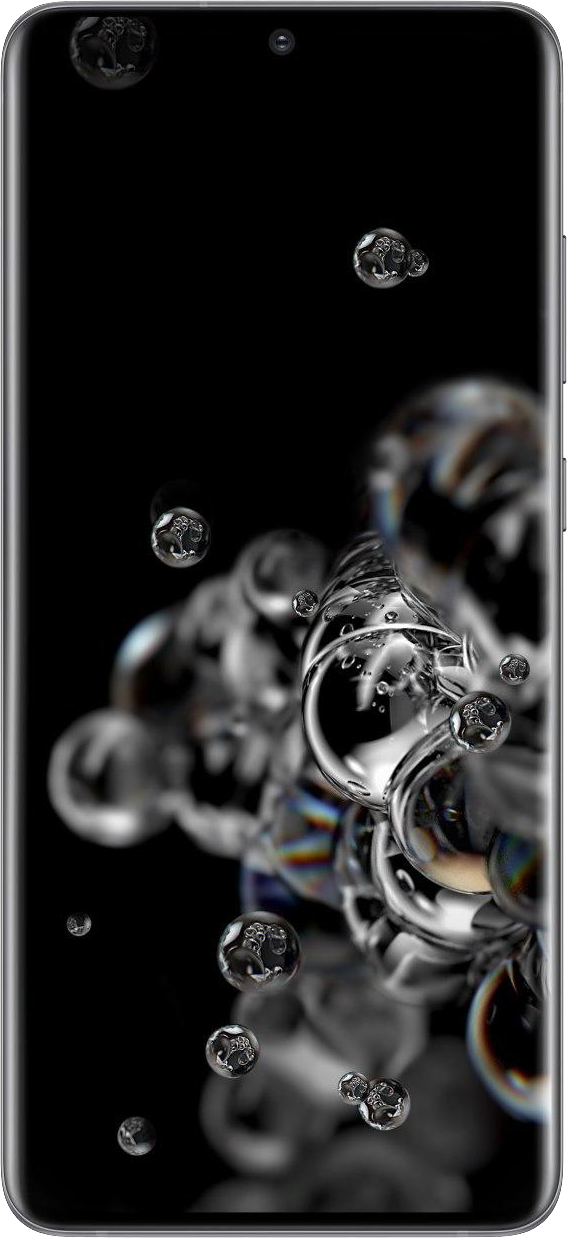
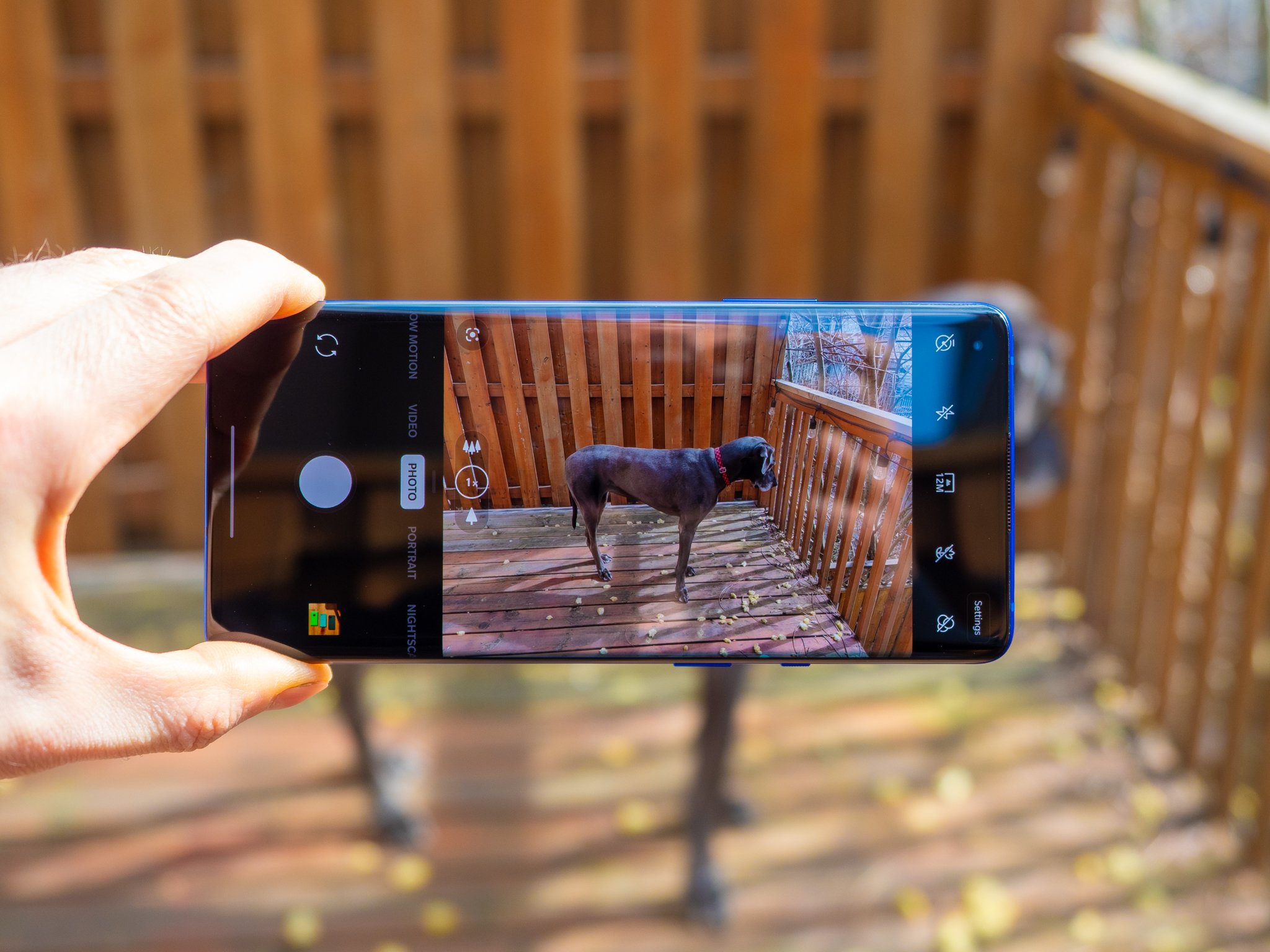
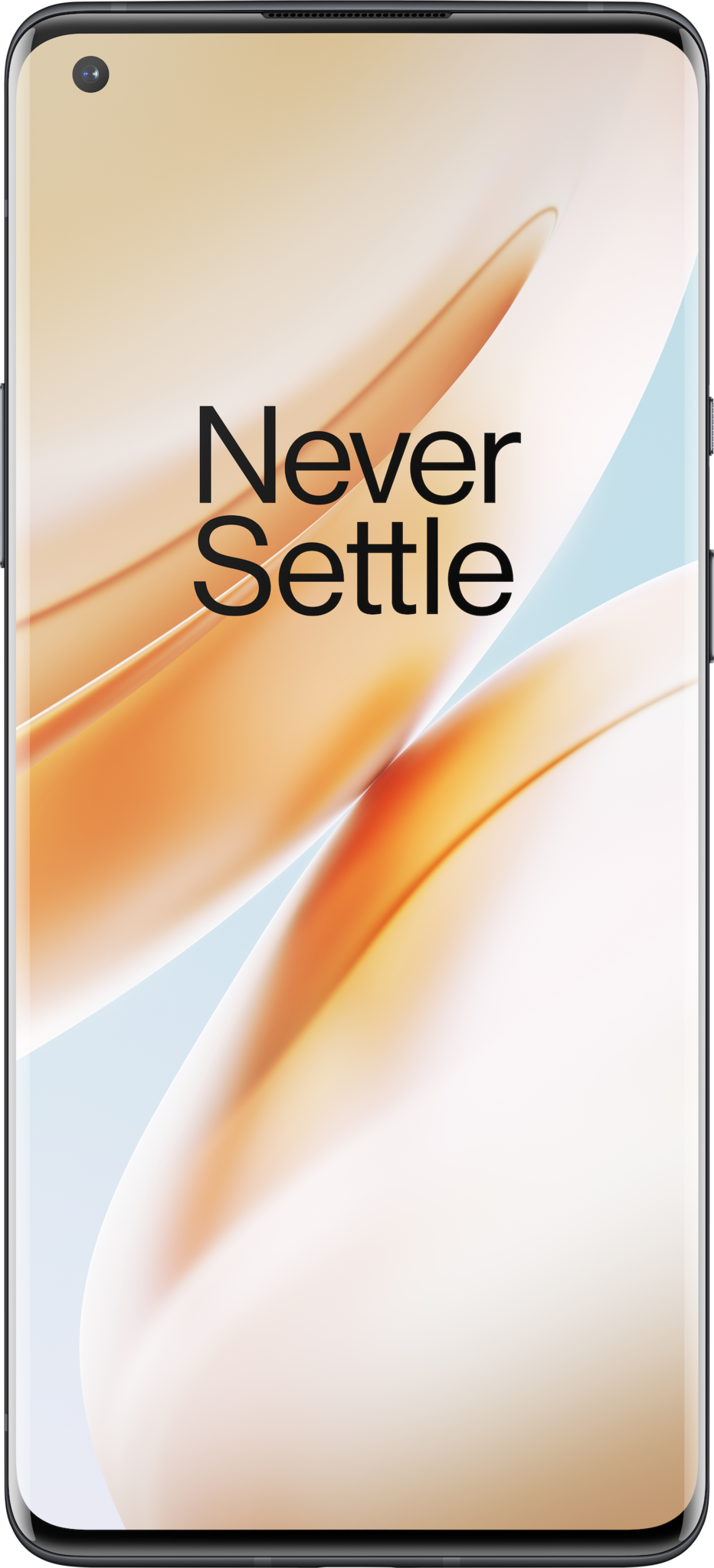
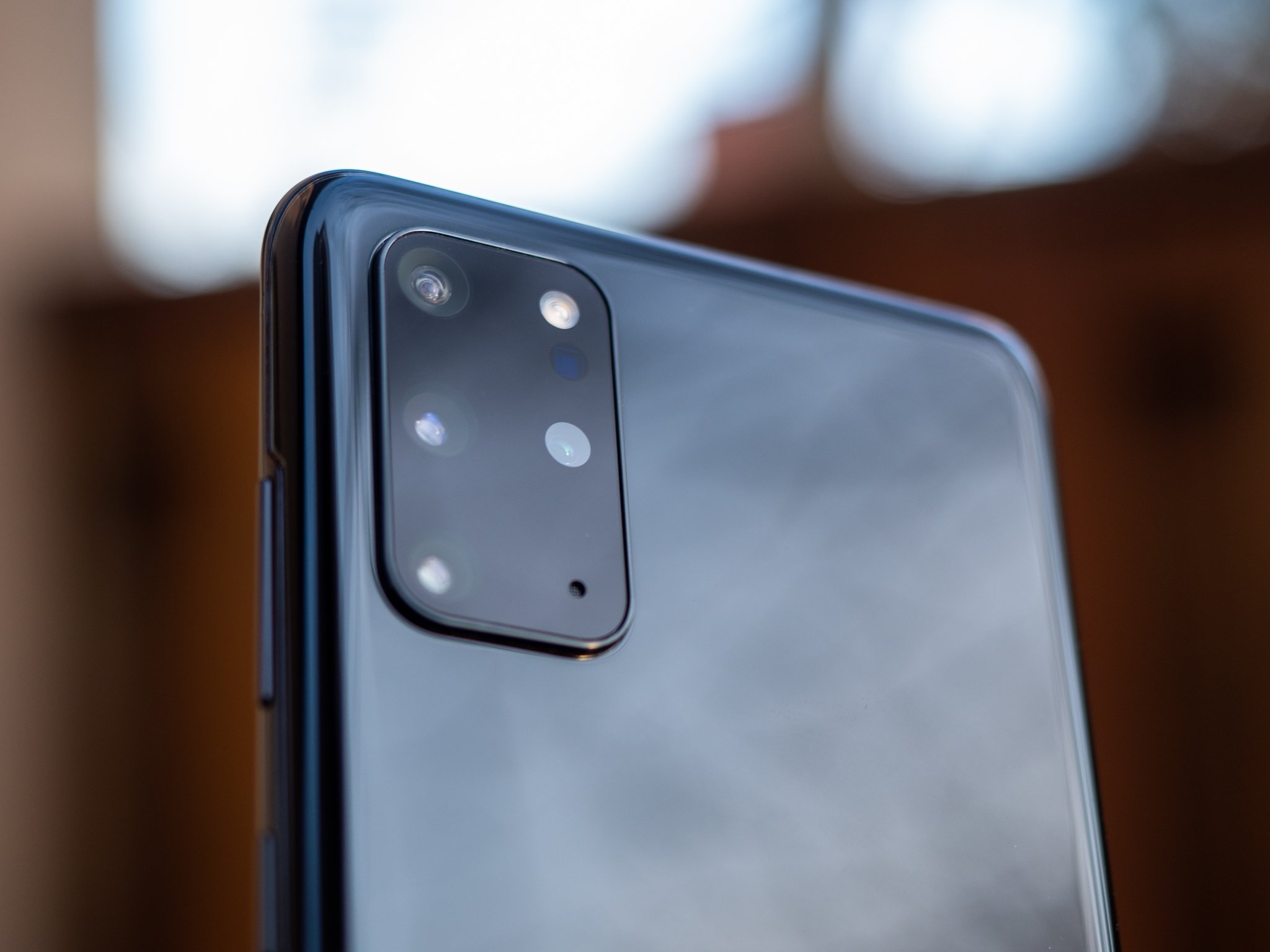
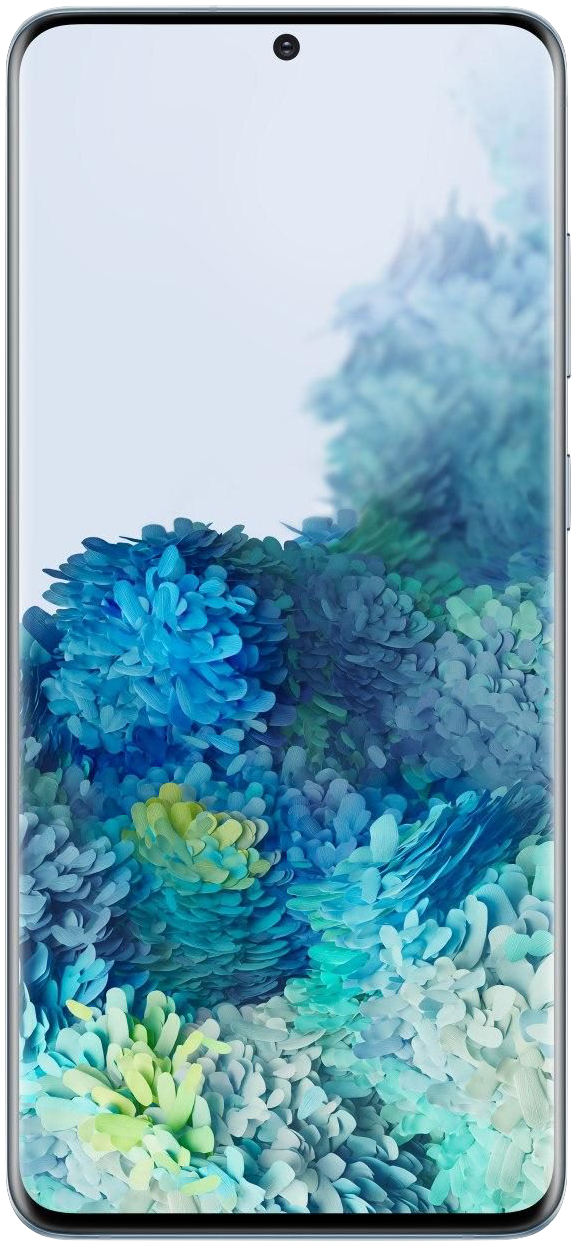
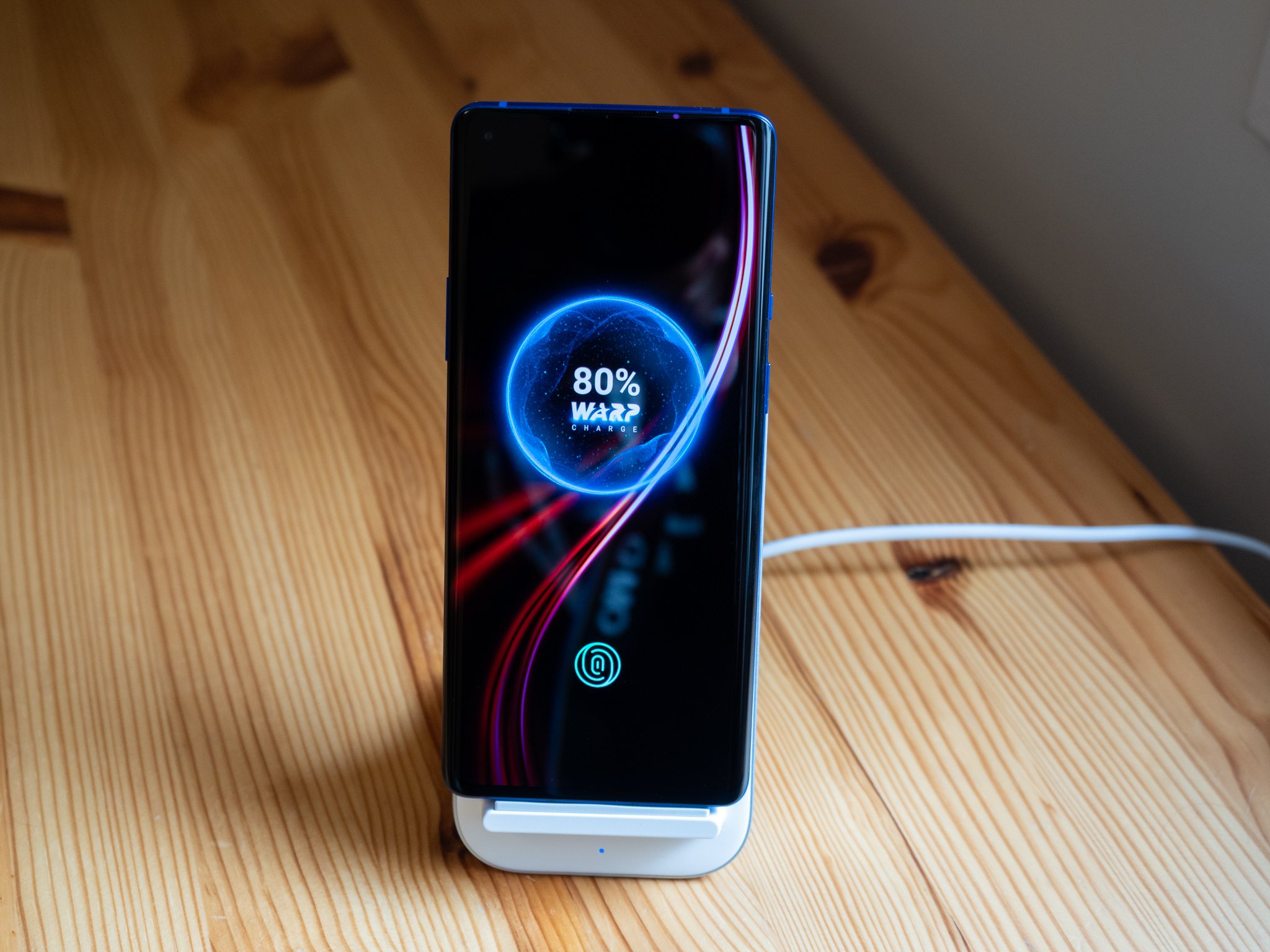
0 Response to "You Can See More: The Android Central staff's most important features in a phone"
Post a Comment